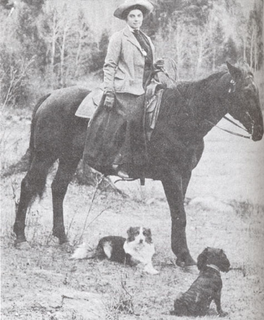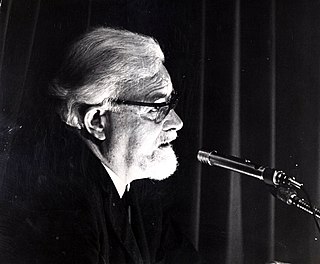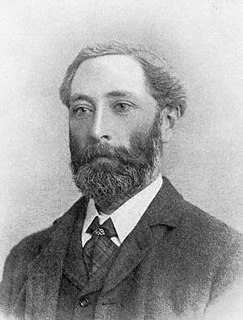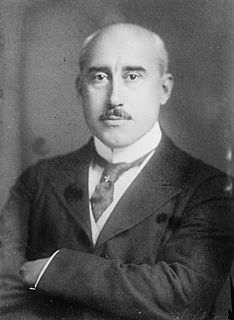A Quote by Mary Wilson Little
He who devotes sixteen hours a day to hard study may become at sixty as wise as he thought himself at twenty.
Related Quotes
We find that at present the human race is divided politically into one wise man, nine knaves, and ninety fools out of every hundred. That is, by an optimistic observer. The nine knaves assemble themselves under the banner of the most knavish among them, and become politicians; the wise man stands out, because he knows himself to be hopelessly out-numbered, and devotes himself to poetry, mathematics or philosophy; while the ninety fools plod off behind the banners of the nine villains, according to fancy, into the labyrinths of chicanery, malice and warfare.
You are told from the moment you enter school that time is constant. It never changes. It is one of those set things in life that you can always rely on... much like death and taxes. There will always be sixty seconds in a minute. There will always be sixty minutes in an hour. And there will always be twenty-four hours in a day. Time was not fluctuating. It moved on at the same, constant pace at every moment in your life. And that was the biggest load of crap that I'd ever been taught in school.
The manner of Demoivre's death has a certain interest for psychologists. Shortly before it, he declared that it was necessary for him to sleep some ten minutes or a quarter of an hour longer each day than the preceding one: the day after he had thus reached a total of something over twenty-three hours he slept up to the limit of twenty-four hours, and then died in his sleep.
A nasty day! A nasty day! 'Twas thus I heard a critic say Because the skies were bleak and gray— And yet it somehow seemed to me The day was all that it should be. I looked it very closely o'er; Its hours still were twenty-four, With sixty minutes each—no less— For deeds of good and helpfulness; And every second full of chance To give the day significance; And every hour full of growth For everybody but the sloth— I couldn't see it quite that way, For though the skies were bleak and gray The day itself, it seemed to me, Was all a day could rightly be.






































